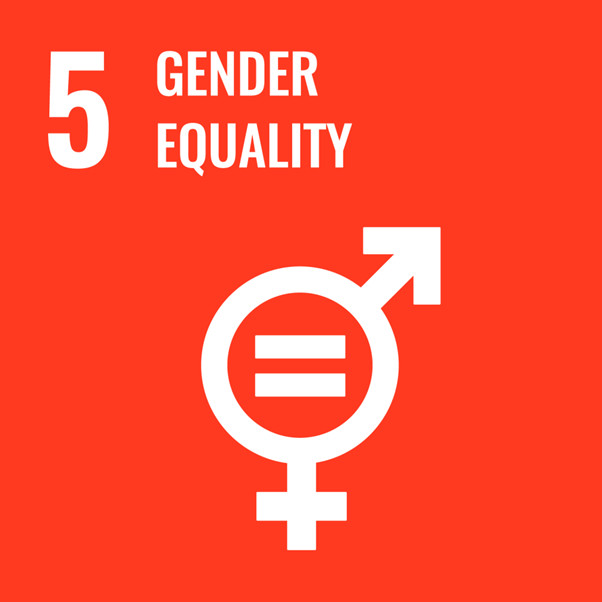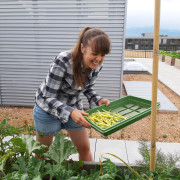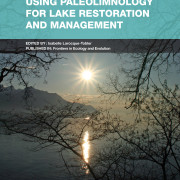- Science News
- Featured news
- Francesca Altieri – From Maths to Mars
Francesca Altieri – From Maths to Mars
For this article, I had the pleasure of interviewing Dr Francesca Altieri, a planetary science researcher at the Institute for Space Astrophysics and Planetology in Rome, Italy. Altieri focuses her research on the surface composition of solid bodies within the solar system. In this interview, our discussion is focused on how culture and tradition amongst families affect our decisions to pursue a career completely outside the expectations of our parents. Furthermore, we focus on the importance of taking big leaps of faith as well as how taking these leaps allows you to discover your own hidden talents.

Photo credit: Corrado Spagnoli
Altieri’s main goal was to become a teacher. Her family encouraged her to go to university and study literature, philosophy, Greek, and Latin. It was only after speaking to a close family member that she saw the struggle of getting a job in that particular field which triggered a switch to STEM.
“My brother was already at university at the time and encouraged me to join him. I decided, out of all the STEM subjects, I was going to study physics and astronomy,” Altieri comments on the fact that this choice in the subject did not stem from an inner passion but from practicality. Fewer students in the physics and astronomy class meant that she could have more time to ask questions and learn closely from her teachers.
So she went for it!
The plan was always to finish university, graduate in astronomy and physics and then go back into teaching. Teaching was always the main goal. Moreover, after every exam, her father would always remind her that teaching was her passion and it was time to change into that. Her father had different plans for her future. Parents often want to live their career dreams through their kids. Altieri comments on how her mother had a more traditional future planned for her, ie stay at home.
“This was the norm back in Italy at the time. However, when I graduated and pursued a career in science, she was very proud of me,” she comments that in Italy, similar to a lot of societies across the world, men and women have different roles within the household and this ultimately affects the way some women choose their professions.
When in Rome
After Altieri obtained her degree, she started teaching at a high school in Bologna. She had job security and the feeling that she had achieved her and her father’s dream. However, she was not 100% fulfilled. At some point, she was invited to Rome to visit a friend who was a researcher in planetary science. This is when Altieri’s life changed from teaching to researching.
“At the time, there were not a lot of women interested in planetary science, thus, it felt a calling to move to Rome to begin this new adventure,” says Altieri. It was a very exciting time to get involved in planetary science. The Mars exploration projects were starting to take shape, more and more people started to become interested in space exploration.
The male:female ratio
One of the biggest questions we ask on the Frontiers news site is about the ratio split within the specific scientific subject we are discussing. Altieri confirms there were only a few women compared to men working in the field of planetary science. It was only when a very influential scientist called Dr Angioletta Coradini started working in the field, that women felt more encouraged to pursue a career in astronomy. She allowed more women to come into this field and showed them that females can do anything males can within the realm of planetary science.
“She was the greatest. She left her heritage behind after she passed away and some of us are still working on her projects today,” says Altieri.
Another important influence and inspiration came from the famous astronaut Samantha Cristoforetti. Although, when asked about going into space herself, Altieri persists [laughing] she is ‘really happy on Earth, with no need to go into space’.
Women in astrophysics and planetary science
We continue the conversation by speaking about the distribution of women in astrophysics and planetary sciences. Altieri feels it is her responsibility to actively encourage other females to enter the scientific field, although it is not easy to overcome stereotypes. Even if girls are interested in science, it is not easy to pursue that direction without support from their families and/or a strong awareness of their own capacity. For the latter, the direct witness of other women that have successfully achieved their careers in scientific fields is very important.
“My father was finally happy with my degree in Astronomy only when he could see that my job was very exciting, allowing me to have a career and be involved in several interesting (and international) projects. Only then he was proud to have a daughter working in the same institute as Margherita Hack, a very famous female astrophysicist in Italy,” Altieri offers an example.
“There will be a 50:50 (or very close) split between men and women in STEM but it will take a bit longer than a few years. To achieve this number, women also need lots of support from society in general: we need kindergartens with flexible time and a network that can provide babysitters or housekeepers in a flexible way. Without this support, life is very complicated and discouraging for those who are working in fields that require a lot of flexibility. Even if we reach a 50:50 split in STEM, it is not obvious that the gap in the observed number of scientific works produced by women and men in science will be overcome,” she continues.
Necessary adjustments are needed in terms of childcare, work/life balance, salaries, flexibility, etc. There is a lot of work to be done and the first step is merely raising awareness of this. This is why we choose to speak to women scientists all around the world on this issue.
Ending up on Mars
I choose to divert the conversation onto Altieri’s journey to study Mars.
“Thanks to Coradini, I was able to get involved in a number of different missions, as the one headed towards Mercury, and the one involving explorations to Jupiter. It was completely by chance that I ended up on Mars. However, once I started, I could not stop. Since then science has come a long way and we know the answers to the biggest questions about life on Mars,” explains Altieri confirming that working on Mars explorations made it very clear it was her calling.
What started as a passion for Maths ended up as a very fulfilling job working on Mars explorations!

Frontiers is a signatory of the United Nations Publishers COMPACT. This interview has been published in support of United Nations Sustainable Goal 5: Achieve gender equality and empower all women and girls.
About Frontiers
Frontiers is the 3rd most-cited and 6th largest research publisher. We publish groundbreaking discoveries by the world's top experts. Scientists empower society and our mission is to accelerate scientific discovery by making science open. We place the researcher at the center of everything we do and enable the research community to develop the solutions we need to live healthy lives on a healthy planet. Featuring custom-built technology, artificial intelligence, and rigorous quality standards, our research articles have been viewed more than 2 billion times, reflecting the power of research that is open for all.







